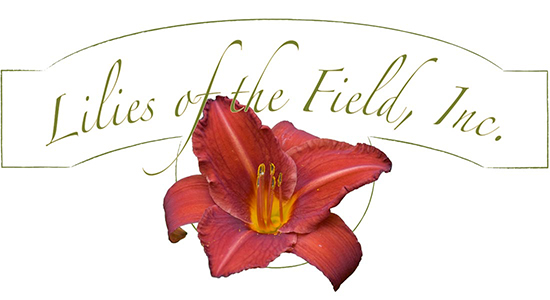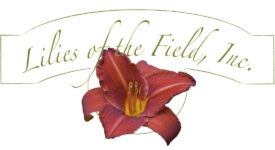The Echinacea flower is one that has slipped my attention in our gardens until recently. It is an herb, or a plant that dies to the ground every year, and reproduces from its own seeds, which fall in the fall. This plant has a hearty green stem with long, skinny, hairy leaves and is not bushy; typically there is only one flower on each stalk.
Our flowers are purple, which means we have Echinacea purpurea. Echinacea has a center of cones where the pollen is stored, around which the petals grow. This herb belongs to the daisy family, and one can immediately see the family resemblance. Echinacea centers are a bit more robust than say a Shasta daisy, but the petals are very similar. Our plants are living next to some lavender bushes and some thyme; an herb garden of sorts. The tall purple beauties stand alone, somewhat like skyscrapers in a city. I wonder if the bees and other insects think the same thing!
Traditionally, echinacea has been used in teas and as an herbal supplement thought to shorten the length of the common cold or flu. Actually, this purple beauty has chemicals that boost the immune system and there have been tests done which suggest that people who drank five cups of echinacea tea at the first sign of cold or flu symptoms had less severe symptoms than those who drank normal tea. Antibiotics have lessened the use of this herb in America, but for native Americans, echinacea was a cure-all.
To find the symbolic meaning of echinacea, I had to defer to the daisy family, but found that its meaning co-insides with its medicinal use. Daisies represent purity, patience and simplicity, innocence, loyal love. It is interesting to me that purity and innocence would be associated with healing. I guess God is all of those qualities, and when one aligns himself with purity and love, innocence and patience, he is aligning himself with God. I also suppose that it follows closely that to align oneself with God in character is to cause the body and spirit to function harmoniously. Let that be a lesson to us all.
It is of particular import that function follows character or the nature of a plant is what directs its purpose, as is true in all of life. If we would align ourselves with truth and a particular good that we seek, let us find the character of God that is behind that good. Who comes up with the meanings of flowers anyway? I don’t know but they are pretty darn good at it. Kudos to you flower people!
Along the lines of the character of God, we shall explore this in more detail in postings to come.
I suppose that even the smallest details of a plant could reveal its purpose and if we know the purpose of a thing, we can bring that thing into manifestation in our lives.
More to come…



